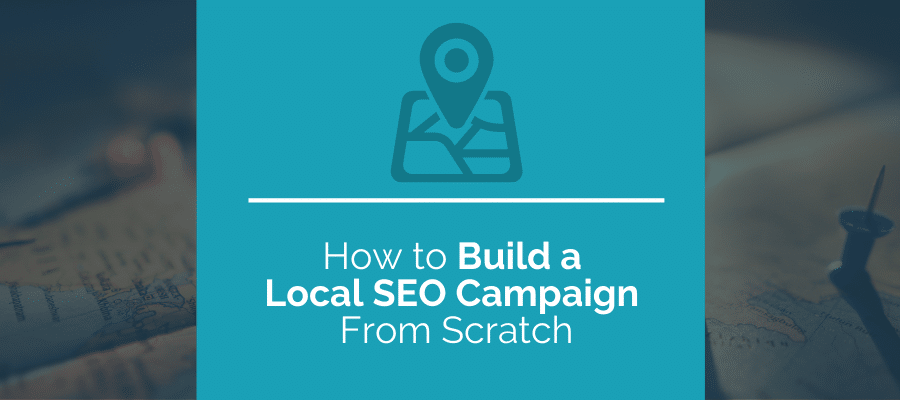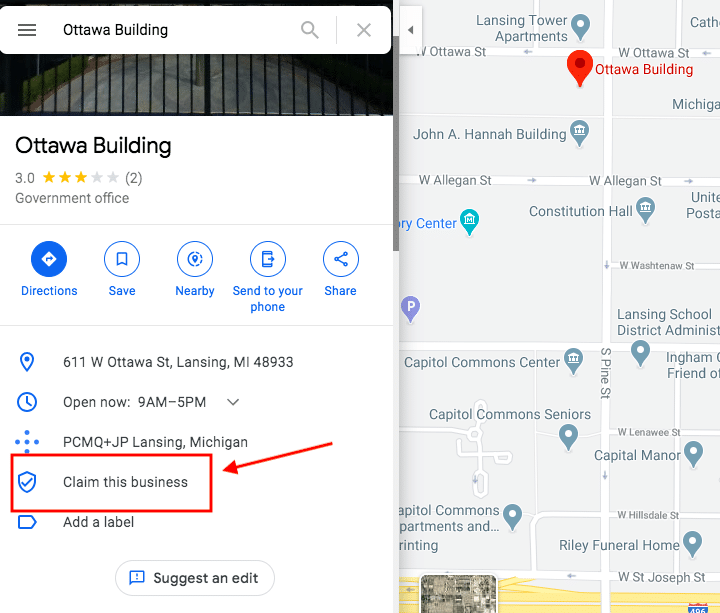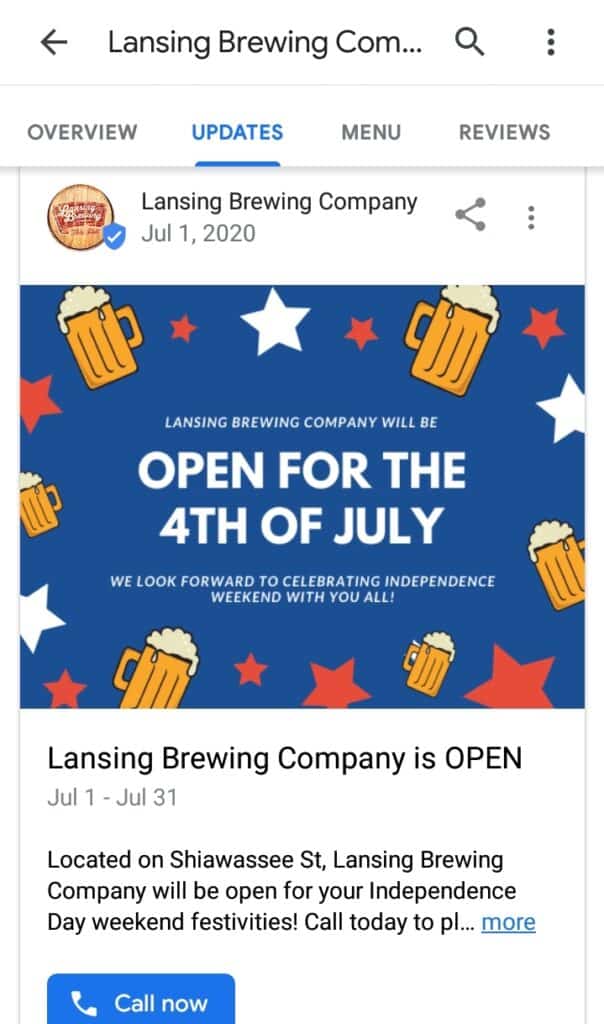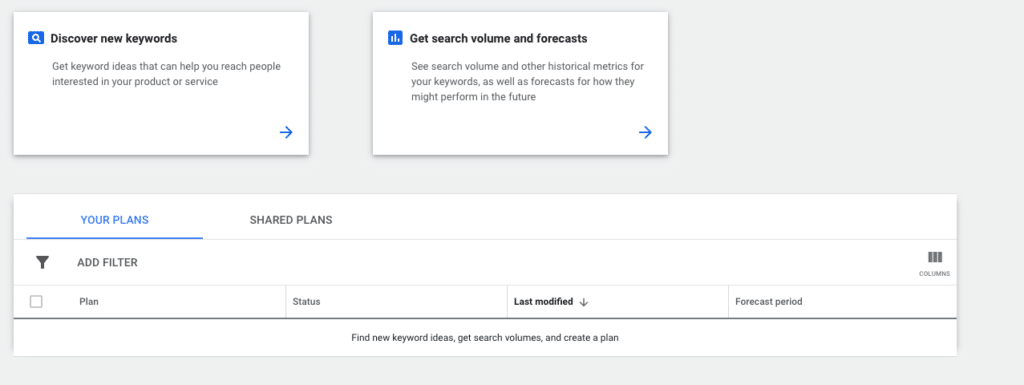
If you’ve just started your brick-and-mortar business, relocated, or opened a new location, you may be wondering how to coordinate your online presence and physical location. This is where local search engine optimization (SEO) comes in. Local SEO helps prospective customers nearby find your business online and shop there. If you’re wondering how you can get to the top of a local search, use this blueprint to build a local SEO campaign from scratch.
How to Build a Local SEO Campaign From Scratch
To build a local SEO campaign from scratch, it’s important to think about how your customers use the internet to find your location. Over half of all smartphone users look for local information on the go. About a third of online consumers in the U.S. use the internet to search for local businesses on a daily basis. This means it’s important to optimize your website for mobile devices and mobile searches. With this in mind, start to build a local SEO campaign with these steps.
Claim Your Location on Google

Government buildings like this one wouldn’t be claimed by a business, but you can use this button on your own listing to claim it.
Google is the go-to search engine for the majority of Americans. Some use a regular Google search coupled with location phrases, while others use a search on Google Maps. To help business owners make their locations more visible and to help customers find what they’re looking for, Google offers a free service, Google My Business. Creating a Google My Business account is an important first step in building a local SEO campaign.
There are two ways to set up or claim your location on Google. First, search for your business on Google Maps. If you find it, claim it. There will be data already associated with this listing that will help you later. If your business has already existed for a few years, there is probably already a listing for it. For businesses that just opened, you’ll want to create a listing.
Use Google My Business

Lansing Brewing Company uses posts and events on their Google My Business listing to show customers the latest happenings.
Google My Business offers a number of useful functions for business owners. You can answer common questions that users submit, post about special discounts or offers, post pictures, and more. According to Google, Businesses that add photos to their Business Profiles receive 42% more requests for directions on Google Maps, and 35% more clicks through to their websites than businesses that don’t. Taking advantage of these features and making updates regularly will help to make your business stand out and invite shoppers.
Optimize Your Site For Mobile Search
Most of all searches are now made on mobile devices. About 89% of people search for a local business on their smartphone at least once a week. When you optimize your website for mobile devices, you can answer visitors’ questions, show your products or services, and highlight your competitive advantages. Optimizing your site for mobile devices will also help Google recognize your website as useful for mobile users and list it higher on search results pages.
When you create a responsive website, your site will automatically reorganize to suit your visitors’ devices. When you use mobile web design best practices, your website will be easily readable and usable for visitors. Be sure to test your website on different devices, and make sure it is usable and accessible for all different users.
Target Local Keywords

Google Keyword Planner is a great tool to start with.
With your Google listing and website optimized for mobile searches, the next step to build a local SEO campaign is to capitalize on local keywords. Once again, consider what your customers would be searching in order to find your business. Consider words like “near me” as well as your city name. You can use tools like Google Keyword Planner to find the best keywords to build a local SEO campaign. Limit your search to your state or city to get a more accurate read on keyword volume and what local users are searching.
Once you find the right keywords, consider how you can incorporate them into your content. You might add informative pages to your website, write blog posts, or add location pages to use these keywords and improve your local SEO.
Manage Your Reviews
Online reviews are an important part of local SEO. About 92% of customers read online reviews before buying from a business. Many customers look to Google reviews first as they make a basic search or a maps search. Other customers look on review sites like Yelp or sites targeted towards particular industries, like Zillow for realtors or TripAdvisor for hotels.
Reviews also play a role in where your site ranks when users enter a local search. Businesses with more reviews and higher star-ratings tend to rank higher on search results, generating more clicks and visits. If you don’t have reviews on the most common sites, or you have negative reviews, make a plan to get more reviews.
Utilize Social Media
Social media can provide useful tools in gaining visibility locally. Consider your target audience and what social media platforms they’re likely to use. Reach out to local groups or local influencers to expand your network. Where possible, utilize hashtags to put your business, services and products in front of local users. Share your local content on your social platforms and to your local groups where you can. Make a plan to utilize social media locally and explore strategies that will help to connect you with local residents.
Though the internet is global, users are also using it to find businesses nearby. A local SEO campaign will help you optimize your local corner of the world wide web. Set aside time to tackle these strategies step-by-step. As you do, you’ll discover what your local customers respond to the most and what works best for your business.
